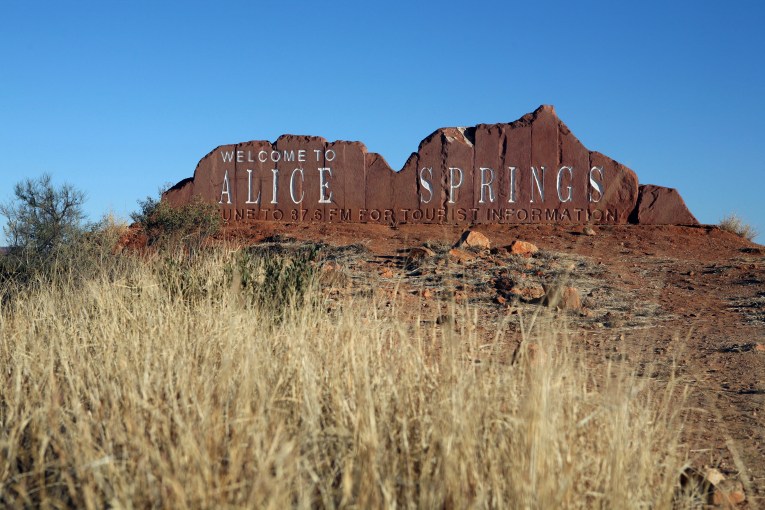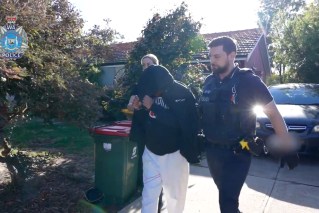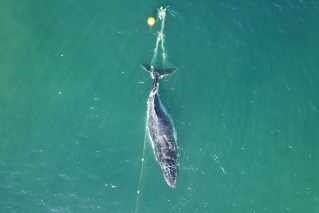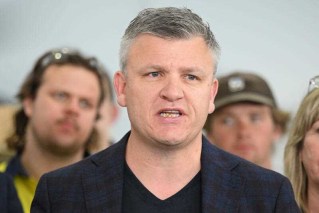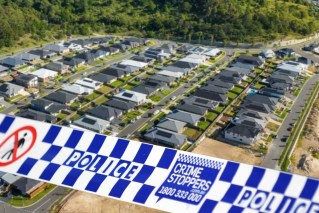How serving in Afghanistan helped this nurse with coronavirus

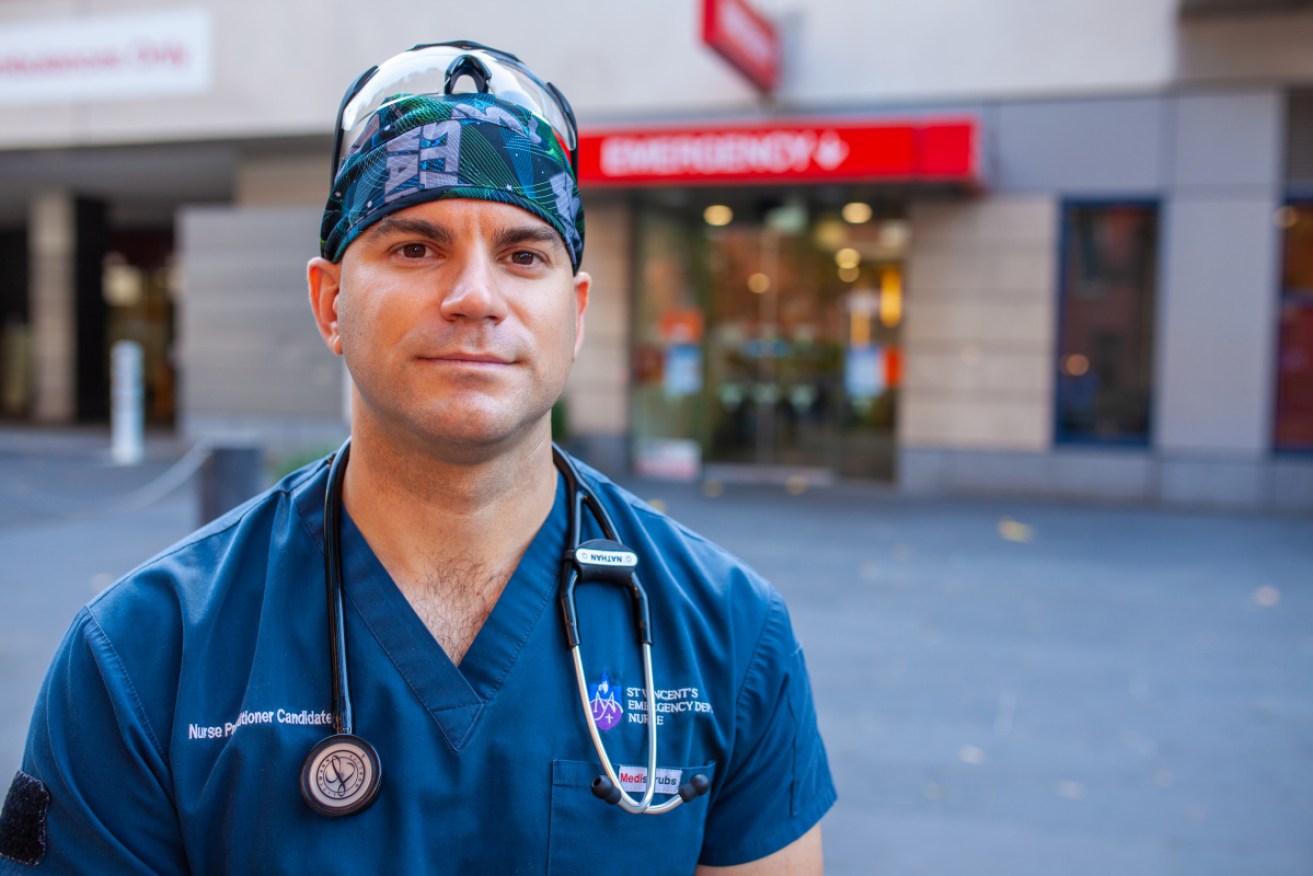
Lieutenant Nathan Havlin. Photo: St Vincent's Hospital
From the sand of Afghanistan, to the dust of Australia’s bushfire season and now, the squeaky clean halls of a busy emergency department – Nathan Havlin has walked them all.
The lieutenant served in Afghanistan, treated patients during the worst bushfire season on record and now, he is working as a clinical nurse at St Vincent’s hospital in Melbourne during the biggest pandemic the world has seen since the Spanish Flu.
He said his military training, to be prepared for a worst-case scenario, has put him in good steed to manage the cases of COVID-19 that come into emergency.
“My military training has become quite handy currently,” he told The New Daily.
“We did preparation and planning for mass causalities, so if the base got attacked and we sustained a lot of injuries.
“We’ve got to constantly adapt and react and refocus. I think military training has given me that ability to go, ‘OK things do change’. We can’t go in with a rigid decision making process.”

Lieutenant Havlin in Afganistan. Photo: Supplied
Similar to now, his training made him ready for a worse-case scenario, but luckily he never saw it.
“We didn’t get any significant injuries, it was about training and preparing for worst case scenario, we were there in a mentoring and support role to help develop the Afghan national army.
The skills he learnt – being adaptable, keeping a cool head and flexible in his decision making – have helped him.
“We’ve had a lot of suspected cases, we’ve had a couple through that have ended up on the wards,” he said.
“Plans will change, we’ve seen this. As a health service and as a state, it’s a constantly evolving situation. The information changes on a 12-hour cycle.
“Military planning lends itself to this sort of situation.”
A helping lifeline
Afghanistan is a world apart from Nathan’s upbringing in Donvale.
After working as a nurse for St Vincents and the Royal Children’s Hospital, he enlisted.

Lieutenant Nathan Havlin at the Kabul Military Training Centre. Photo: Supplied
“I’ve always had a strong interest but I wanted to apply my nursing skills in a different and remote environments, outside hospital walls,” he said.
When he was deployed in 2013, he left his girlfriend of only five months. Luckily, she stuck around.
“She hung around, a big test nice and early on,” he said.
But it’s not Afghanistan the pandemic makes him think of, it is this year’s horrific bushfire season.
Lieutenant Havlin was deployed to help in the East Gippsland region of Victoria, which was badly hit.
“I’ve actually been reflecting about the bushfires,” he said.
“We’ve gone straight from the bushfire into COVID, and even though I’ve been back from the bushfires a few months, it has felt like a year ago.”
The biggest difference between the two of course, is with a fire you can see it.
“A pandemic is a very unique type of disaster. With fire, it’s one of those things, you can see it you can see how people are effected,” he told TND.
“Whereas with COVID-19, you can’t. And the isolation, people losing their jobs, and planning for, ‘What if?’.”
This Anzac Day, like many who served, Lieutenant Havlin remembers his fallen brothers and sisters.
“I’m really proud of being both a nurse and being in the military, it’s something I love doing,” he said.
“To have Anzac Day and remember the people who have paid with their lives, it is very humbling.”
